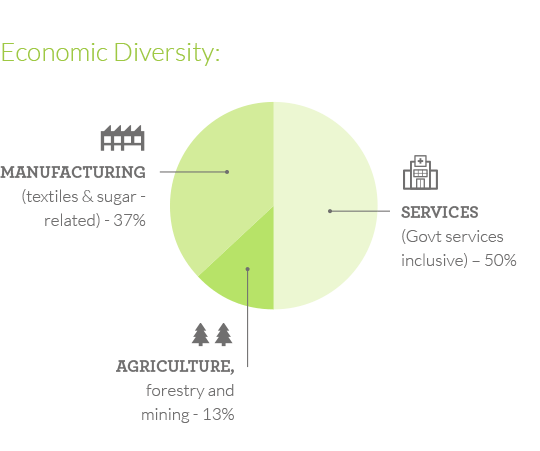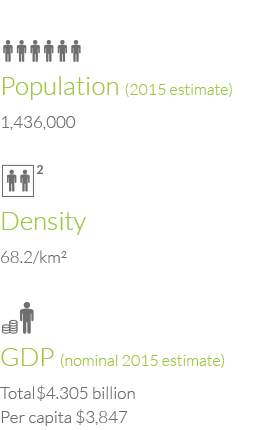
CASE STUDY:Eswatini Revenue Service



When the Eswatini Revenue Service (ERS) started working with DataTorque to introduce a new value added tax (VAT), timeframes were extremely tight. RMS went live for VAT registrations on time within just four months of contract signing.
In December 2011, when Eswatini was still known as Swaziland, DataTorque began work with the ERS to replace the existing Sales Tax regime with a new VAT. The objective was to improve revenue yield and remove the distortions caused by the old regime. It was also part of a broader transformation project to modernise revenue administration in Eswatini and to bring the Tax and Customs Departments into a unified revenue service, under the ERS.
VAT successfully came into effect on 1 April 2012, and throughout DataTorque worked closely with the ERS to deliver the Revenue Management System (RMS) - its first implementation in an African country - inside the limited timeframe.
RMS went live with registrations within four months of contract signing, and full returns, payments, refunds and accounting were implemented only two months later.
Today the ERS processes thousands of returns filed electronically by customers online each month. It is actively promoting the use of digital channels to minimise Covid-19 disruption to service delivery to tax payers.
Introducing RMS has helped ERS achieve its goal of growing its revenue base. It’s also proving to be a valuable tool in assisting the mobilisation of resources internally to invest in sustainable development.
DataTorque and the ERS have added other tax types into RMS and introduced sophisticated workflows in support of the ERS’ business. Through our partnership we continue to deliver projects to enable Eswatini's tax transformation journey.
The ERS' Annual Report 2019/2020 cites:

